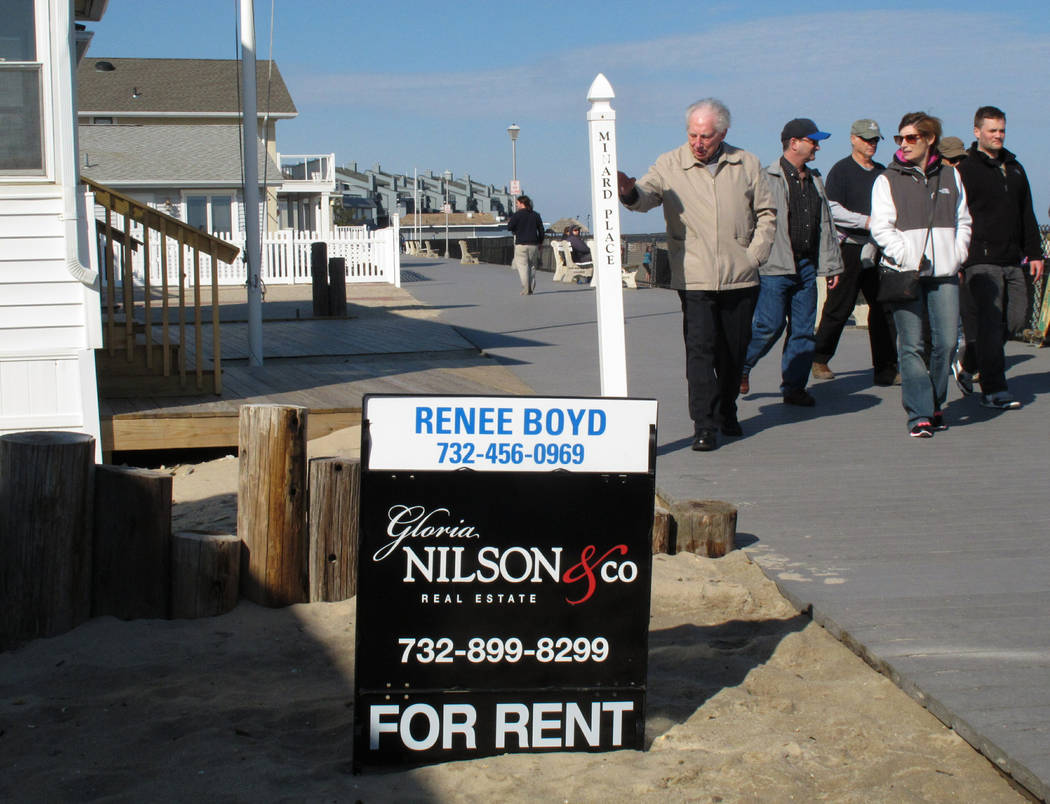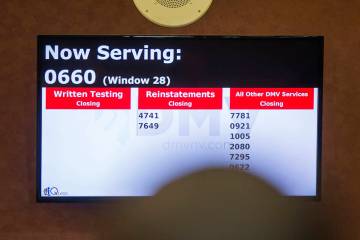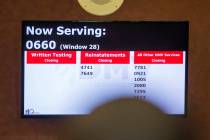EDITORIAL: Helping renters shouldn’t mean trampling property owners
Landlords would no longer be able to reject tenants who have a history of not paying their rent under a new legislative proposal. That’s one of many changes politicians in Carson City are debating to restrict the owners of rental properties.
Senate Bills 151 and 256 both make changes to laws governing the relationship between renters and landlords. Both bills are sponsored by a majority of the Senate Democratic caucus.
Nevada law prohibits property owners from refusing to rent to someone based on factors such as race, religion and familial status. For low-income housing projects, SB256 would expand that list to include applicants with “a prior history of an inability to pay rent.”
No, that’s not a joke.
Senate Democrats apparently need a reminder of why property owners and businesses rent housing. It’s not because they enjoy the responsibility of maintaining second homes or because they’re charitable organizations.
They rent properties to generate income. Why should they be forced to open their properties to those who have a history of not upholding their end of the contract? When housing is in short supply, this would also harm renters who’ve worked hard to pay their bills on time by artificially reducing supply.
Imagine lawmakers forcing workers to toil for an employer who had a history of bouncing payroll checks. This would rightly generate outrage. That’s analogous to what’s proposed here. But it gets worse when you consider the other potential restrictions on landlords.
SB256 would also prevent a landlord from charging a late fee until the rent has been late for three days. It would restrict the amount of the fee to 5 percent.
Many Senate Democrats want to limit the ability of landlords to select tenants who will pay their rent. They simultaneously want to extend how long delinquent renters may stay in their dwelling place.
Those who are late on their rent currently have almost a week to pay or leave. Nevada law also allows landlords to remove delinquent tenants shortly thereafter without having to go to court.
SB151 would change this. It would increase the amount of time delinquents have to pay or quit to 10 judicial days. It would no longer be acceptable to use certified mail to deliver a pay-or-quit notice. Those notices would need to either be delivered by hand or posted by the constable, potentially creating further delays.
Being forced to move because you can’t pay the rent can be disruptive. It’s understandable that lawmakers are sympathetic to those in such a plight. But easing that predicament shouldn’t require trampling the rights of property owners.






















